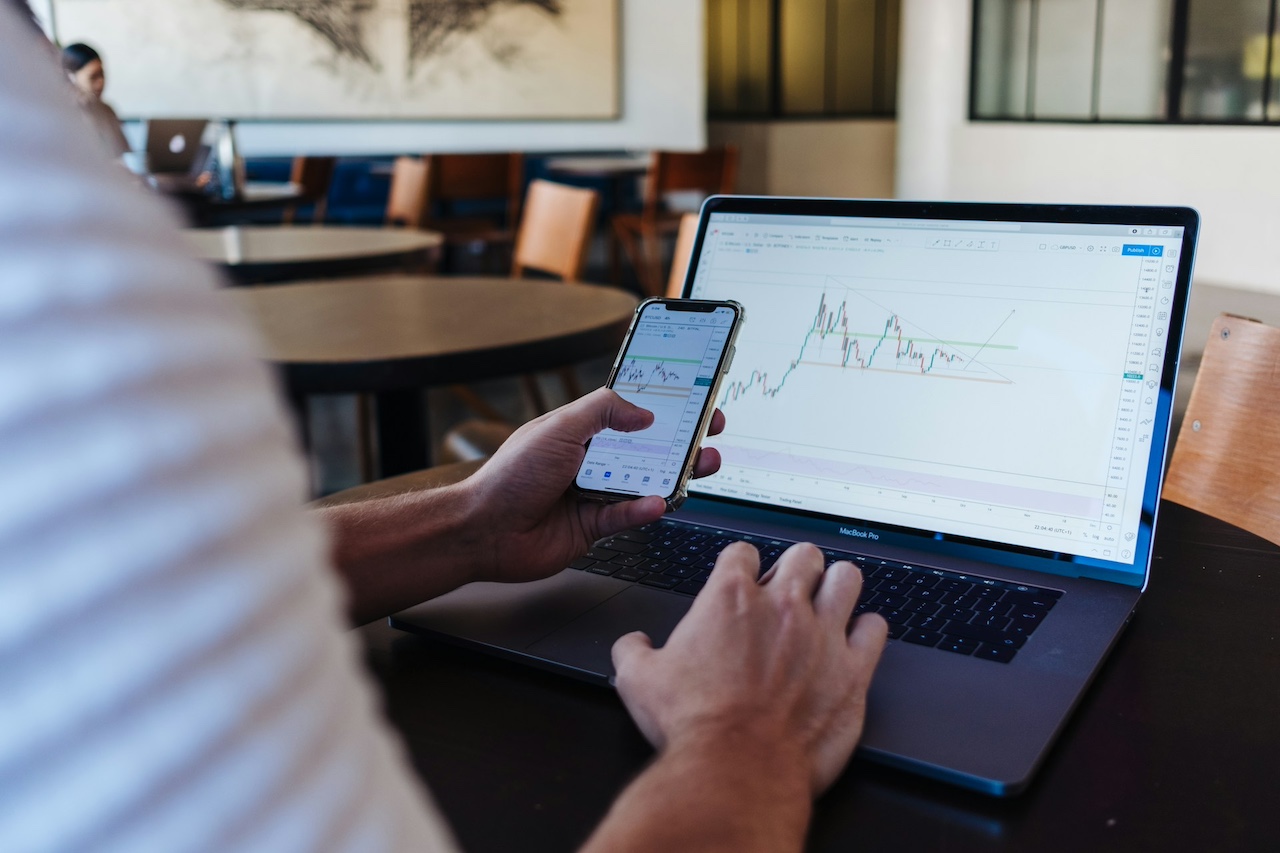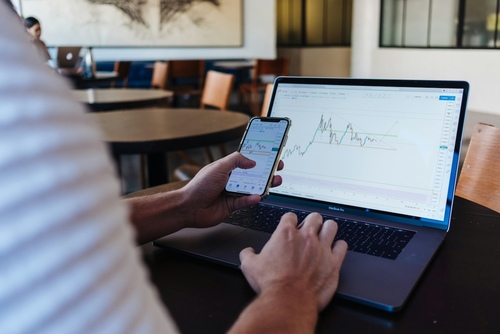Trading is a great option to consider, and gives you the flexibility to work for a company, or independently, from anywhere in the world.
Starting as a forex trader requires knowledge of investments in other regions and locations, and if you are keen to do it in Germany, there are lots of important things to consider.
Being a trader in Germany requires an understanding of how the system works, the strategies involved, and knowledge about compliance and tax regulations. This is attributed to the country’s stringent rules that heavily guard foreign exchange affairs.
If this is your first time trying forex investments in Germany, you need all we’ll share in this article, as it details all regulatory frameworks for investors before they begin trading.
Understanding the Legalities of Forex Trading in Germany
One question many people ask is whether or not foreign exchange trades are legal in Germany. The answer to this is quite direct, as it is legal, and people are allowed to trade different categories of assets.
However, it might be more complex than in other locations. The Federal Financial Supervisory Authority (BAFIN), which is the primary regulator of all finance services in Germany, closely monitors Forex affairs. This body functions by imposing strict rules on brokers and ensuring maximum compliance.
Some standard regulations you might encounter as a broker here are minimum capital standards and reporting obligations to trace adherence to legal and financial standards. Also, investment options have less flexibility, such as being unable to explore CFD trading with German-regulated brokers.
The country also follows MiFID II (Markets in Financial Instruments Directive – the revision) regulations in synchronization with financial market rules across the European Union.
Know Your Customer (KYC) and Anti-money Laundering (AML) measures are always in place and are essential security measures for market investors. While these might look like a lot at first glance, they give most traders more confidence and assurance of being safer when trading in Germany.
The Legal Landscape for Trading Forex in Germany

In Germany, retail traders are permitted to carry out activities like CFD trading, but an unwavering condition is attached: they can only do so through licensed brokers. This is the first trading rule, and going any other way could lead to strict repercussions. There are two ways to go if you’re starting your investment activities here. Let’s discuss both options in detail below.
Trading Through a Broker Licensed in Germany
We emphasized earlier how BAFIN regulates all brokers in the country, which means you’re open to exploring much safer options. These platforms have already been vetted and concluded to be operating on all standard measures.
Many consider this the safest option for beginners and pro traders, majorly because whoever they are dealing with is likely under the watchful eyes of Germany’s authorities. Aside from BAFIN’s watch, the licensing also comes with a sealed agreement that brokers will follow KYC, thoroughly verify their customers’ identity, and be able to prevent issues of financial crimes and fraud.
However, there are some negatives to this. First, specific investment opportunities like exotic currencies and Contracts for Differences (CFDs) may face restrictions. The second is that German regulators impose leverage limits on these platforms. Hence, you might not be able to explore as much leverage as you intend to.
Trading Through an Internationally Regulated Broker
This option opens you up to more opportunities to explore global trading platforms. This also means you can use better tools, strategies, and features such brokers could offer. Traders can easily explore more instruments, higher leverage, and more flexibility. Also, there is always the reassurance that these platforms are already regulated by the country from which they operate.
However, it is noteworthy that the high regulatory standards for such platforms might differ. Hence, there is some risk when exploring such options. If you’re looking into taking such a route, the best way is to do enough research, particularly on the brokerage system you plan to use.
There are two sides to the coin, and the less stringent rules here, while they offer flexibility, also mean that such a system could translate to higher risks for traders. Some things you can look out for when working with a broker outside Germany are their licensing, past customer services, trading conditions, and regulations.
Expert investors also sometimes emphasize knowing the initial deposit required, leverage, and margin, especially when working with a new brokerage system. These factors answer whether or not such services would work for you.
Starting Foreign Exchange Investments in Germany
Trading foreign currencies could be as easy for you in Germany as anywhere else. The primary thing is to know these rules and weigh the pros and cons before choosing. The flexibility and potential for higher returns might be highly appealing, but they come at a cost.
If the risks don’t seem so much to you or are factors you can find a way around, then you’re good to go. When you do decide, remember to do proper research on your brokerage platforms and work with reputable institutions.








